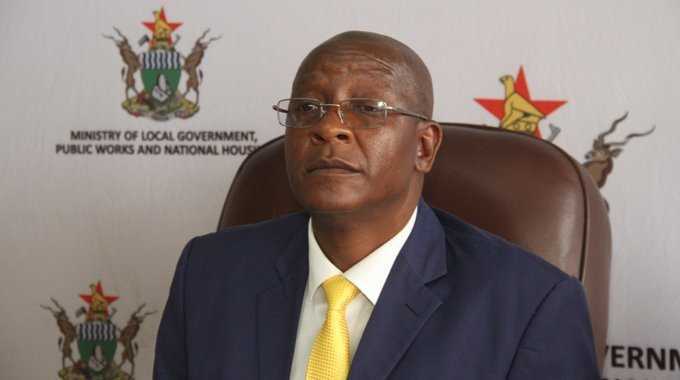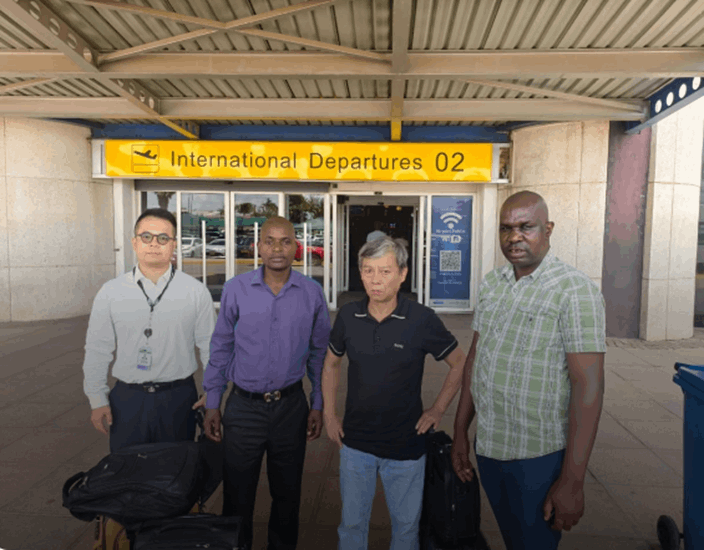
Nyashadzashe Ndoro
CHIEF REPORTER
The Administration of Estates Amendment Bill, which was introduced in Parliament recently, has raised concerns among lawmakers and the public over its potential impact on accountability and transparency in the management of deceased estates.
The Bill, which was presented by the Minister of Justice, Legal and Parliamentary Affairs Ziyambi Ziyambi, aims to provide for the better and autonomous administration of the office of the Master of the High Court.
However, critics argue that the Bill falls short of addressing the fundamental issues of accountability and transparency in the management of deceased estates.
One of the major concerns is the lack of clarity on how the new Board, which will be established to govern the Office of the Master, will be composed.
The Bill states that the Board will consist of nine members, but it does not specify how these members will be appointed or what qualifications they will need to have.
The Bill gives the Minister of Justice sweeping powers to make policy directions to the Board, without requiring him to consult with the Board.
This has raised concerns that the Minister may use these powers to interfere with the independence of the Board and undermine its ability to make decisions in the best interests of the beneficiaries of deceased estates.
Related Stories
Opposition legislator, Edwin Mushoriwa argued: “Here we have been told by the Hon. Minister that we are setting up a board to run the affairs, but if you go through the amendments, they give the Minister some sweeping powers to make certain directions and directives. The Bill does not contain whether or not the Minister should make those in consultation with the board.
“I think we need to ensure that there is a provision that speaks to the fact that when the Minister does that, he makes those under the advice of the board. I know in practice, the Minister may say, ‘No that is what happens, I cannot then come up with a directive without getting information from the board’. I think it is prudent that it be contained in this Bill.”
Another concern is the lack of provisions for the protection of vulnerable groups, such as widows and orphans, who are often the beneficiaries of deceased estates. The Bill does not provide for any measures to ensure that these groups are protected from exploitation or abuse by the Office of the Master or other parties involved in the management of deceased estates.
In addition, the Bill does not address the issue of decentralisation, which has been a long-standing concern in the management of deceased estates. The Office of the Master is currently located in Harare and Bulawayo, and there are no provisions in the Bill for the decentralisation of the Office to other parts of the country.
Mushoriwa also raised concerns over the lack of transparency in the management of the Guardian’s Fund, which is a fund that is used to hold money on behalf of minors and other vulnerable groups. The Bill does not provide for any measures to ensure that the Guardian’s Fund is transparently managed and that the beneficiaries of the fund are protected from exploitation or abuse.
In his response, Ziyambi acknowledged that the Office of the Master has been plagued by issues of mismanagement and corruption in the past. He, however, did not provide any clear assurances that the Bill will address these issues.
The Portfolio Committee on Justice, Legal and Parliamentary Affairs, which conducted public hearings on the Bill, has also raised concerns over the lack of clarity on how the Bill will address the issues of accountability and transparency in the management of deceased estates.
In its report, the Committee noted that the Bill does not provide for any measures to ensure that the Office of the Master is accountable to the beneficiaries of deceased estates, and that it does not provide for any measures to protect vulnerable groups from exploitation or abuse.
The Committee also noted that the Bill does not address the issue of decentralisation, and that it does not provide for any measures to ensure that the Guardian’s Fund is transparently managed.




















Leave Comments